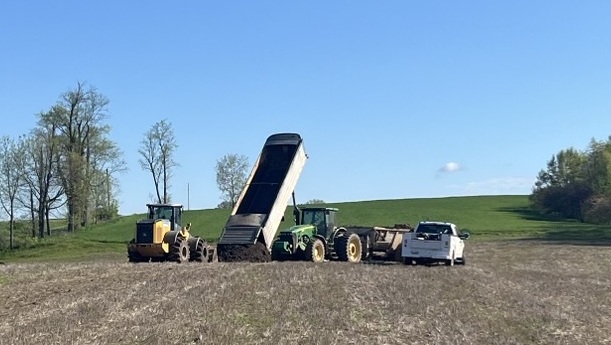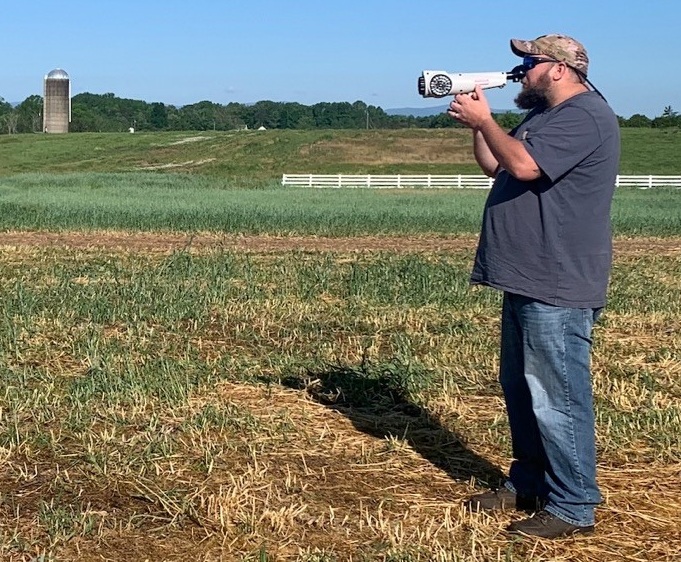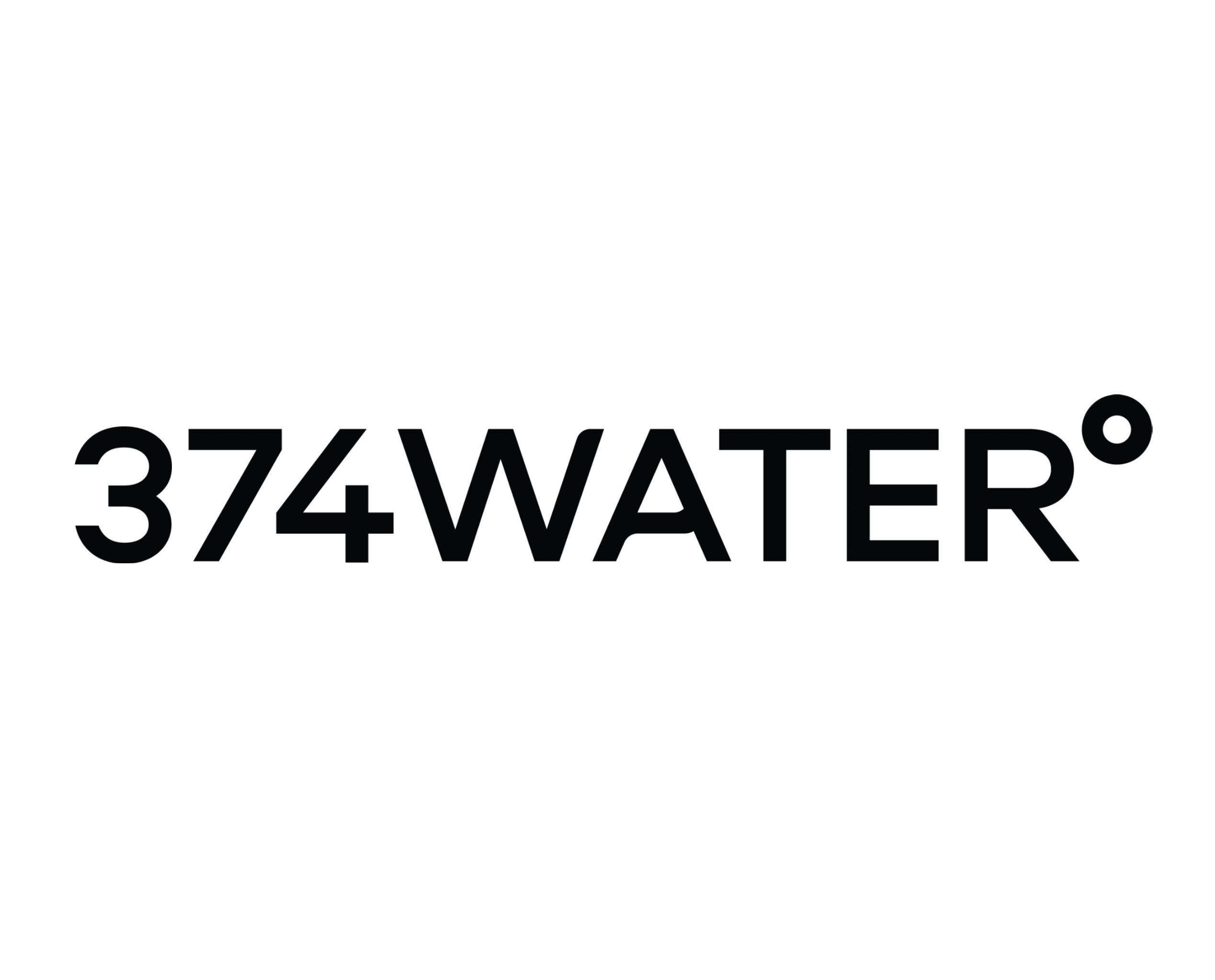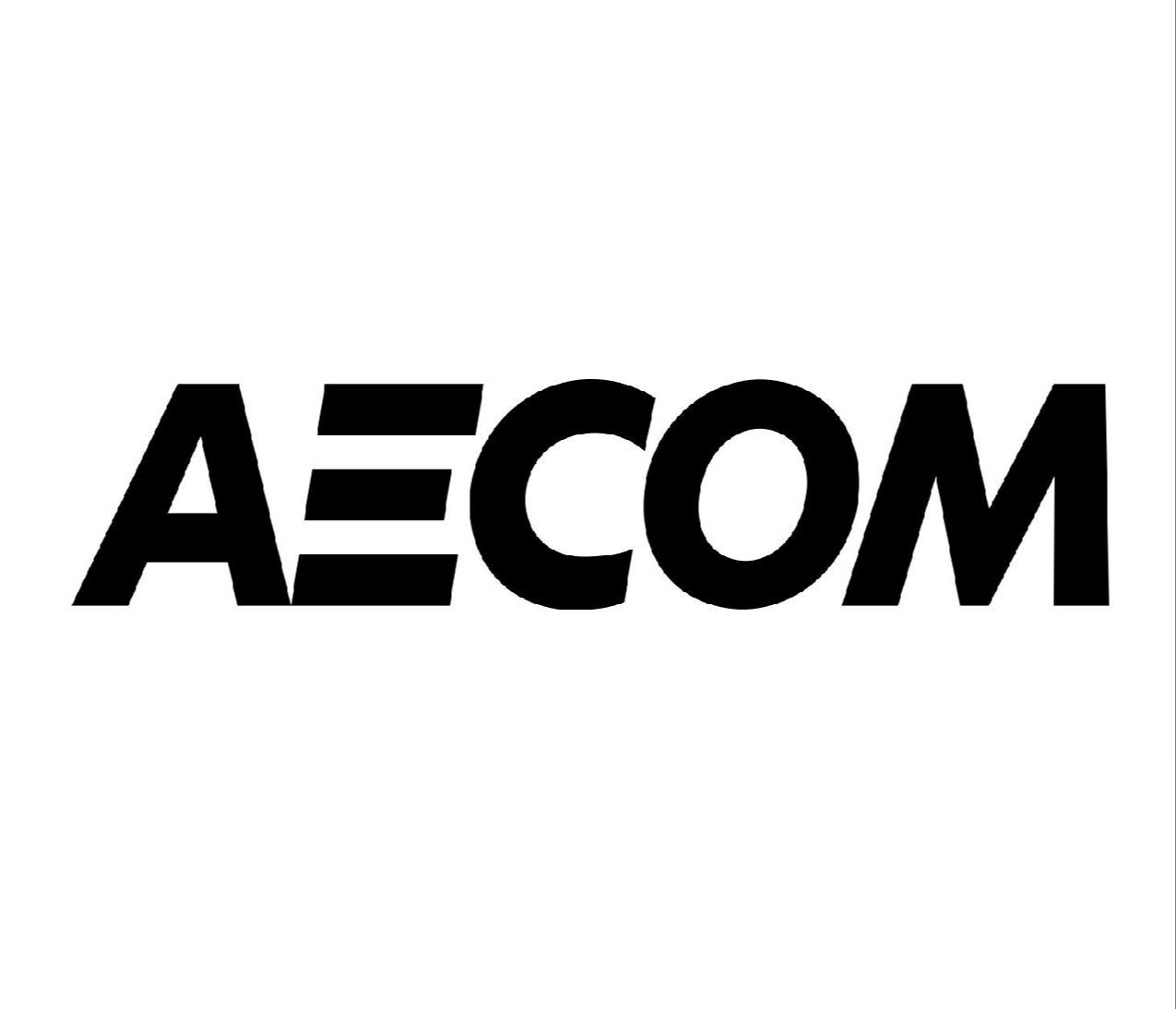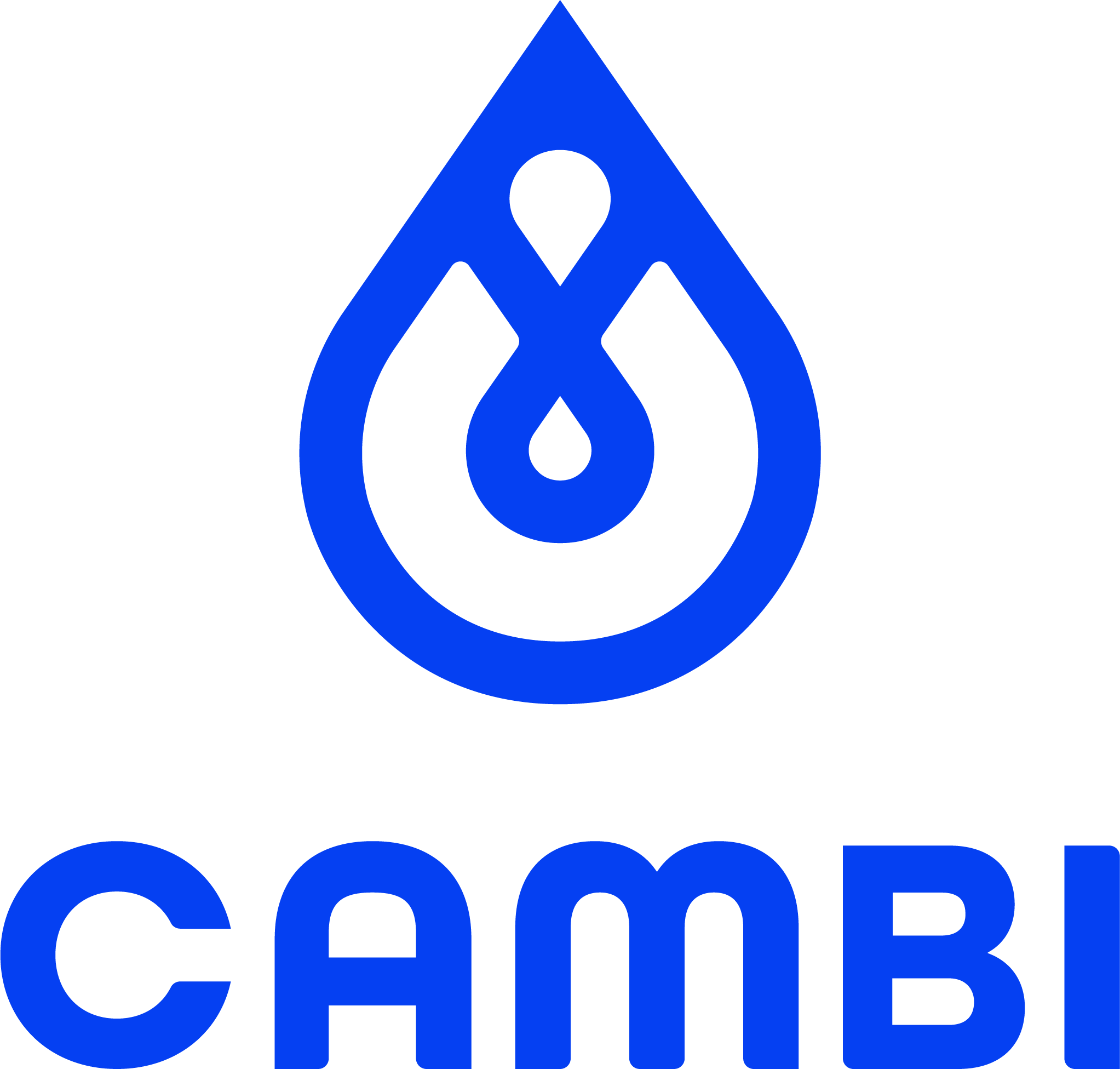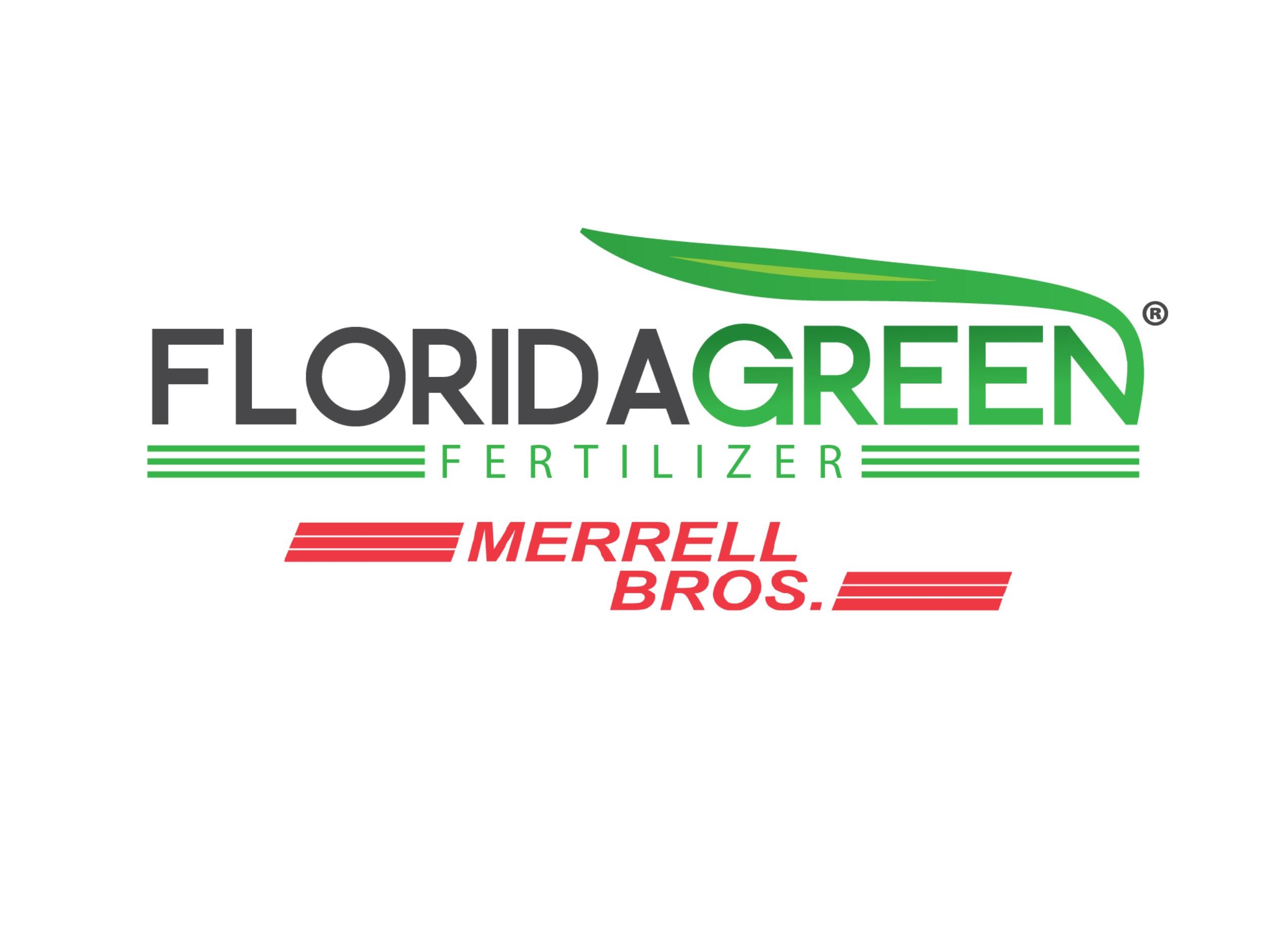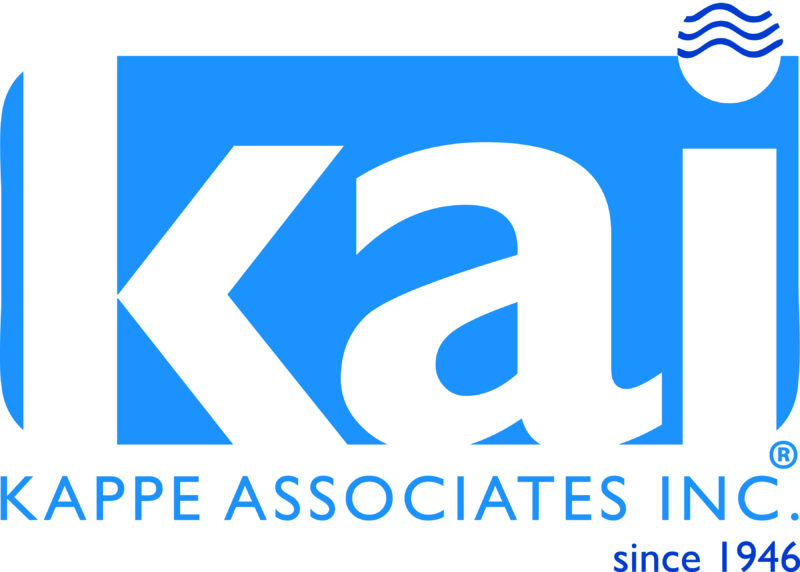- Login
- Home
- MABA
- MABF
- What's New
- Events
- Resources
- Biosolids Advocacy Fund
- Contact Us
|
January 2025 - MABA Biosolids Spotlight Provided to MABA members by Bill Toffey, Effluential Synergies, LLC SPOTLIGHT on Maryland Environmental Services “Biosolids in a plain brown wrapper” is how Al Razik describes the program he designed and implemented as senior engineer at the Maryland Environmental Services (MES). Though officially retired in 2024 after 38 years, Al remains engaged with MES’s biosolids program, aiding new manager Heather Fritz and the team of four field personnel who conduct inspections, prepare compliance documents, and aid in public communications. The entire biosolids team at MES embodies a deep and infectious commitment to environmental stewardship and community that has turned this “brown” into gold for farmers, ratepayers and soils. Those of us with our heads always in biosolids may not fully appreciate the wide range of environmental management services MES offers in Maryland, of which biosolids is merely one. MES is an unusual organization. It is a not-for-profit agency of the State of Maryland established to manage the quality of air, land, water, and natural resources, employing over 800 people and operating more than 1,000 environmental projects. Biosolids management is one of the units under the Water and Wastewater Group. Another unit close in kind to biosolids is the MES operation of the Prince George’s County Organics Composting Facility, which accepts yard debris and food waste for composting, and manages the distribution and marketing of LeafGro. MES also advises on waste recycling and on management of solid waste landfills. In addition, MES provides for Marylander’s operations and maintenance of dredging facilities, wetlands management, forest conservation surveys, site remediation consultation, and engineering and survey services. Heather Fritz assumed the senior position in the biosolids management program at MES with Razik’s retirement. For public sector managers accustomed to one or a few biosolids sources, the MES program can seem bewildering in its web of origins and destinations for solids. Fritz explains “the Biosolids Program [in 2024] managed 72 WWTP facilities' sludge and biosolids in 2024. The majority of the smaller facilities transfer their sludge to three larger plants throughout the State for further treatment to Class B biosolids using lime stabilization. These three facilities are: Dorsey Run Advanced WWTP, Freedom District WWTP, and MD Correctional Institution WWTP. Dewatered Class B biosolids are then land applied by a contractor to agricultural land in the State of Virginia. This land application program is a simple ‘no frills’ cost effective program for managing biosolids and has been reliably practiced for the past 30 years with few problems. The MES Biosolids Program also includes preparation of nutrient management plans in Maryland for a few aerobically digested liquid biosolids land application sites and wastewater spray irrigation fields for our clients.”
MES operates three wastewater facilities that separate, stabilize and dewater solids for recycling to farmlands in the state. The Freedom WWTP operates a centrifuge, and the Maryland Correctional Facility WWTP has a belt press. The third and larger plant, the Dorsey Run Advanced WWTP is currently undergoing an upgrade from belt press to centrifuge dewatering. Fritz explains further that “another key function of the program is its third-party independent field monitoring service. MES provides this function for DC Water's Blue Plains Advanced WWTP” which produces Bloom, a “first in class” biosolids product that is thermally hydrolyzed, then anaerobically digested and dewatered by belt presses. MES participates in the utilization program for that portion of the production of Bloom delivered to agricultural customers in Virginia. Under the current permits issued by the Virginia Department of Environmental Quality (VADEQ), permits that may be revised in the future, the VADEQ requires a third-party to witness and verify compliance of bulk sales of Bloom on Virginia farms and forests. MES also provides third-party monitoring for WSSC Water's biosolids, historically the lime-amended solids generated by five WRRFs and now recently the thermally hydrolyzed anaerobically digested biosolids coming out of the Piscataway Bioenergy Plant. While Fritz provides the central office control of this tapestry of biosolids services, the field personnel have been the key to the nearly four-decade biosolids success story. Fritz says the field inspectors “are pivotal to the success of the field monitoring program. As Virginia certified land appliers, they gather pertinent field and biosolids data to ensure the biosolids of our clients meet required standards and are field applied following State and Federal regulations. Not only do they monitor land application, but they are on scene during incidents such as vehicle accidents resulting in material spills of our clients biosolids and stay throughout to assist and confirm successful cleanup.”
This springtime picture of a land application operation shows it all. The dump trailer unloading biosolids cake, the front-end loader waiting at the temporary pile, and the tractor-pulled manure spreader ready to spread the biosolids. The landscape is nearly level, and the sky clear for a great day of biosolids recycling. Will Forbes is the Senior Operations Manager in the biosolids unit. An employee with MES for 25 years, Forbes today manages the logistics of the third-party field monitoring program. He directs inspector duties and works with clients, contractors, the public, and other regulatory professionals. As much as any biosolids manager, Forbes has seen the sweep of changes in biosolids programs. When he started out, “all of the farmers in Virginia and Maryland wanted to sign up for the free fertilizer…” MES inspectors, always present at application sites and willing to step up and talk to the public, have worked hard to engage in responsive public education. And for years one hard issue to work through was odors, with a lot of public complaints, and it had to work though an urban stigma (“sludge is infested with drugs”). Forbes says the digestion process at DC Water’s Blue Plains plant is a “game changer,” so that conversations with folks who stop to ask questions about field operations end up ignoring the odor issue, turning to topics of sports and current events, and neighbors come to understand that MES field inspectors are trusted professionals, ready to answer questions and record complaints and concerns. Police have occasionally stopped for information, and Forbes finds that these conversations effectively get back to local citizens who may have reported concerns. Forbes and his fellow inspectors have been tracking the growing concern for “forever chemicals,” and will be waiting for developments in Maryland and Virginia on PFAS regulation. He is wary of looming public concern for health and environmental risks for biosolids-borne PFAS, but, so far, no questions have been raised during field inspections. Skylar Harris is now 18 years as a field inspector in the biosolids program. “I love every part of my job, what it is doing for the environment and farmers and for what it means to my family… I want to do it every day until I retire.” Harris’s commitment is borne of his direct experience working with farmers and landowners. He carries within his smart phone a picture of tree trunk cores showing the growth response to a biosolids silviculture application made in 2018, with the landowner’s note “looks like 3X growth… huge, huge difference.” His commitment is also borne of his confidence from completing the Virginia DEQ Land Appliers Certification program, as has the full team of inspectors, and also from becoming a certified nutrient manager planner, allowing him to see the complete picture of nutrient issues, animal and human. This is a set of three tree cores provided to Skylar Harris by a forest landowner raving about the “huge, huge” growth effects of a biosolids application to a plantation. The core on the top shows the far wider rings of tree growth in a biosolids-fertilized tree compared to two other cores of trees in unfertilized lands. Dennis Harris has been a biosolids inspector for 18 years and can provide personal testimony to the tremendously improved quality of the Blue Plains biosolids that anaerobic digestion has created. In particular, he notes that half the number of truck deliveries are needed to meet farmer needs as a result of the thermal hydrolysis treatment, and he points to the consistency of the product’s moisture and texture, ensuring an even spreading for good crop response. In the past, Blue Plain’s limed product tended to have hard clumps that did not break down properly, leading to uneven crop response and odor complaints. Among the improvements Harris witnessed was the introduction of barcodes on truck weigh tickets, which feed a GIS-based information system for tracking loads of biosolids from WRRFs to farms. Harris also has been in the field to witness the tragic and the comic: he has for example attended to truck accident incidents, and on another occasion, he raised a red flag when he noted a spreading operation was proposed at a farm advertising a public hayride. A feature of the MES biosolids program that is renowned is its odor assessment work. A key part of the program to manage the Blue Plains and WSSC’s biosolids programs over the past three decades had been to reduce the frequency of odor complaints associated with the use of DC’s lime stabilized biosolids. As part of that commitment to best practices, MES’s third party monitoring included establishing for each daily operation the intensity of biosolids odors. The field inspectors were trained in the use of a “Nasal Ranger,” a field olfactometer that provides an objective measure of odor intensity. Over 30,000 odor readings have been captured in the MES database since introduction of this tool, including field odor measures for biosolids from Alexandria, Virginia, and the city of Philadelphia, in addition to the Blue Plains and WSSC biosolids.
The inspector is measuring with a Nasal Ranger Field Olfactometer the odor strength in air downwind of the land spreading operation to objectively judge risks of odor nuisances. MES’s “simple plain brown wrapper” biosolids program, while today well-serving agencies, farmers and regulators, may see changes in the future. Drivers include evolving biosolids standards for PFAS and evolving technologies for destroying PFAS and other compounds of potentially long-term concern (e.g., microplastics). MES Biosolids Management continues to gather data on best processing practices in the ever changing climate of biosolids, and in the meantime, farmers will continue to line up for the biosolids nutrients generated from communities in Maryland and DC and provided to them with this “plain brown wrapper” biosolids program. For more information, contact Mary Baker at [email protected] or 845-901-7905. |


